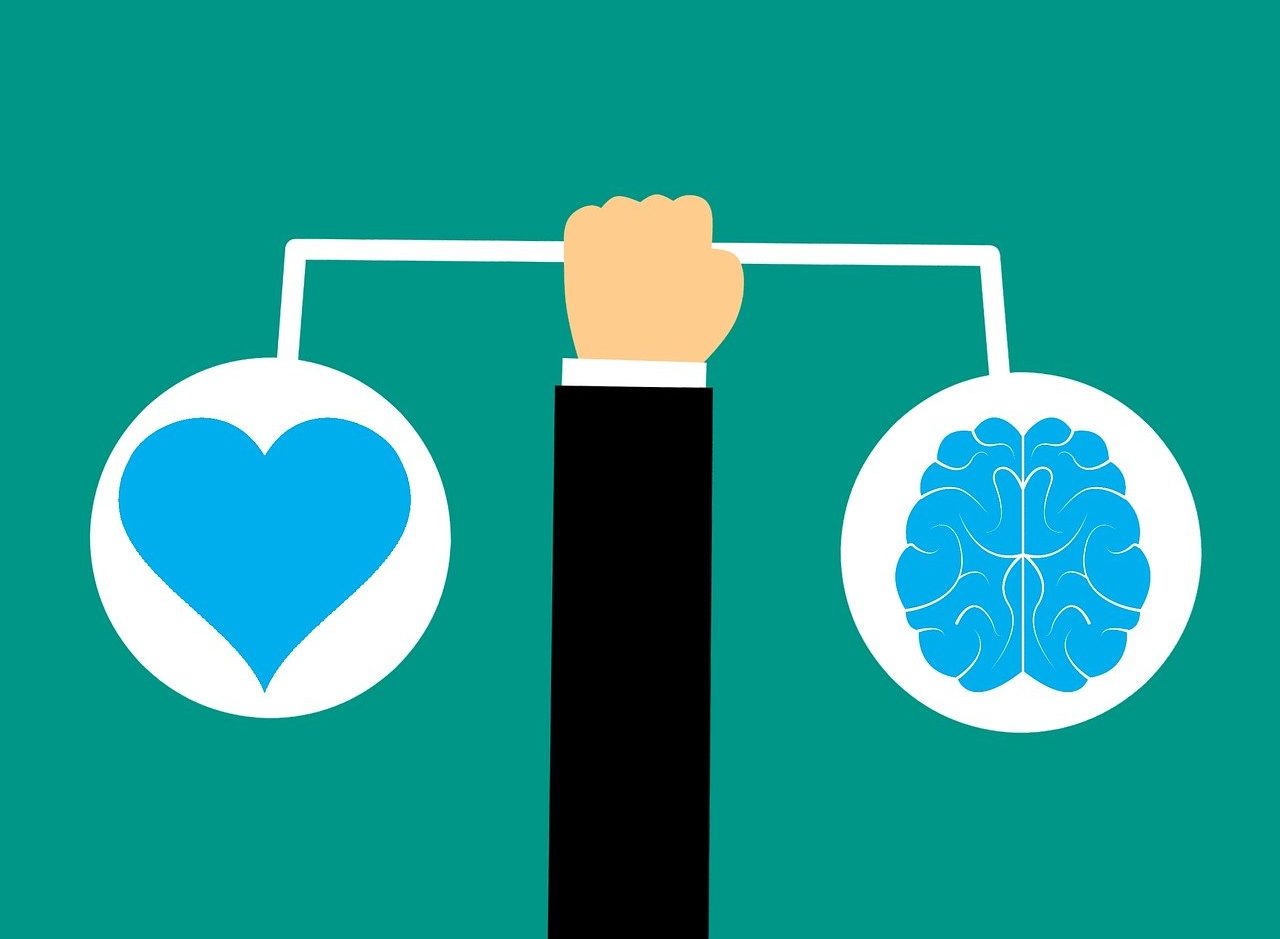
Self-actualization depends on personal autonomy.
Personal autonomy is the ability of a subject to carry out their daily activities and make their own decisions . This power implies the need to have certain resources and skills that allow one to function independently and assume the consequences of one's actions.
To accurately understand the idea of personal autonomy, it is important to analyze the two terms that shape it. Autonomy is associated with self-government and not depending on others. The personal , meanwhile, is what is particular to a person.
The degree of personal autonomy of an individual changes over time. In a general sense, it can be said that the aim is always to promote and achieve the highest possible level , taking into account the characteristics of each case.
Importance of personal autonomy
Personal autonomy is very important for human beings. It is associated with self-esteem , empowerment , individual freedom and even emotional well-being .
It is healthy that, to the extent of their possibilities, all people can make use of their self-determination and take charge of making decisions about their own life. If there are limitations, the closest environment (family, friends), the community in general and the State can help to overcome them so that the person does not lose autonomy.
When someone is not in a position to address the solution to problems that affect them or cannot move forward with a personal initiative, it is common for them to lose self-confidence. Especially when the impossibility is recorded on everyday issues. That is why it is essential to have empathy and help build resilience so that everyone can take care of themselves and achieve their personal goals .
It cannot fail to be mentioned that, due to multiple factors, personal autonomy is never absolute or unlimited . A balance is established between what is needed, what is desired and what can actually be achieved given the resources and skills available.

Personal autonomy is associated with the capacity for self-management.
The case of the children
Promoting personal autonomy in childhood is key to growth. This is a process that is carried out in stages and progressively since children need the protection and care of adults to survive.
Understanding that minors lack the emotional maturity , intellectual development and physical strength required to function independently , it is key to promote their self-knowledge and give them the tools so that, little by little, they acquire personal autonomy.
Going to the bathroom alone, brushing your teeth, drinking from a glass and eating without help are some actions that, between the first 3 and 4 years of life, a human being can perform autonomously or with little assistance.
By instilling self-care and personal responsibility , parents or guardians must gradually support the social independence of children and grant them, within the logical limits of each age, freedom of choice. This helps today's child become an adult tomorrow capable of acting independently within the framework of society.
A common mistake made by those responsible for raising a child is overprotection . From love we seek to ensure that children do not suffer any harm; However, when care is excessive, the infant's capacity for action and development is limited. Mistakes, setbacks and frustration are part of learning.

Personal autonomy requires emotional intelligence.
Personal autonomy of individuals with disabilities
There is a widespread premise that maintains that autonomy is a value inherent to the person. Individuals with disabilities, whether intellectual or physical, have the right to use that independence.
Of course, this does not mean abandoning them to their fate. It is about helping them achieve the most autonomous way of life possible . Freedom has to be both about action and decision.
In its most basic sense, personal autonomy is given by the ability to carry out for oneself, without supervision or intervention of others, those essential daily survival actions : eating, hygiene, dressing, etc. The greater the number of tasks and the greater their complexity, the greater personal autonomy.
Suppose a man must travel in a wheelchair. If sidewalks or sidewalks are broken and there are no ramps in buildings, your personal autonomy will be affected. On the other hand, the application of accessibility policies and measures allows this person to maintain their independence.
If a woman with Down syndrome is assisted so that she can join a company and carry out a job for which she is qualified, this work autonomy will also lead to financial autonomy and, in turn, greater personal satisfaction.
The view of psychology
A person who does not have any maturational, intellectual or physical condition that limits their abilities may also have problems acting autonomously. There are psychological barriers that can lead to dependence on others.
In these situations, the dependence is emotional . A subject may feel that he is not capable of facing his reality and executing the actions that that same reality demands of him. Self-esteem problems, a negative self-image, prejudices and pre-established ideas block personal autonomy.
Although a psychology professional is the indicated specialist to treat these problems, people with these difficulties are usually recommended to plan their activities, analyze what their priorities are , not make long-term commitments when it is not essential and learn to say "No" .
